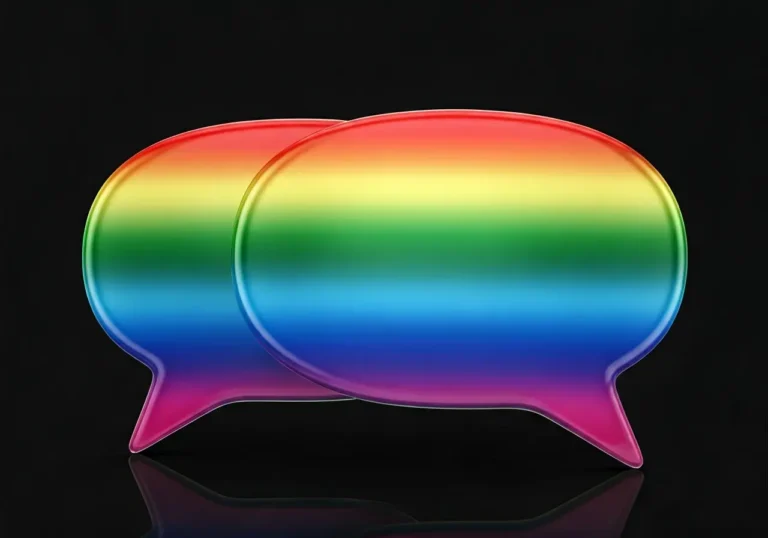DBT Therapy, or Dialectical Behavior Therapy, is often a topic of interest when considering treatment for children and teens who may be struggling with emotional regulation or mental health issues. In this blog, we’ll delve into whether DBT Therapy is a suitable option for young people and what factors might influence this decision.
What is DBT Therapy?
Dialectical Behavior Therapy (DBT) is a type of cognitive-behavioral therapy that focuses on teaching patients skills to cope with stress, regulate emotions, and improve relationships.
Developed in the late 1980s, DBT was originally intended to treat borderline personality disorder. It has since been adapted to address a variety of mental health issues, emphasizing the balance of acceptance and change. For children and teens, this balance can be crucial, helping them to accept who they are while learning strategies to improve their lives.
DBT is structured around four main components: mindfulness, distress tolerance, emotional regulation, and interpersonal effectiveness. Each component is designed to help individuals lead more balanced and fulfilling lives by equipping them with practical skills.
Common Uses of DBT in Children and Teens
DBT is often used to help young people with issues such as self-harm, suicidal behaviors, eating disorders, and mood disorders. Understanding these applications can illuminate how DBT may benefit different conditions.
In recent years, DBT has gained recognition for its effectiveness in treating anxiety and depression among adolescents. By focusing on concrete skills training, it provides teens with the tools needed to manage overwhelming emotions and destructive behaviors.
One of the distinct advantages of DBT for younger audiences is its applicability in various settings. Schools, outpatient clinics, and residential facilities often integrate DBT into their programs to support young people dealing with complex emotional challenges.
How Does DBT Benefit Children and Teens?
DBT provides adolescents with essential skills such as distress tolerance, emotional regulation, mindfulness, and interpersonal effectiveness, which can be particularly beneficial during the tumultuous teenage years.
Mindfulness in DBT teaches children and teens to focus on the present moment, which can reduce feelings of anxiety and stress. Through mindful practice, they learn to observe their thoughts and emotions without judgment, fostering a greater sense of self-awareness.
Interpersonal effectiveness skills help adolescents navigate social situations more effectively. This can be especially empowering for teens who struggle with peer relationships, enabling them to express their needs clearly and create healthier boundaries.
For many, the emotional regulation skills taught in DBT serve as a foundation for managing intense emotional responses. This is crucial for teens, as their emotional landscape is often in flux, and having reliable strategies to lean on can make a significant difference in their overall mental health.
Considerations for Parents and Guardians
Parents and guardians must weigh the potential benefits against challenges like time commitment and the willingness of the child or teen to participate in the therapy process.
DBT requires a strong commitment as it involves both individual therapy and group skills training sessions. Parents need to ensure that their child or teen is comfortable with this format and that it fits into their existing schedule.
Moreover, active parental involvement is often crucial. Supporting your child through the DBT process by attending family sessions or practicing skills at home can reinforce the therapy’s benefits and help foster a supportive environment.
Consulting With a Mental Health Professional
Consultation with a qualified mental health professional can provide insights into whether DBT is an appropriate choice based on the child’s individual circumstances and needs.
Professional assessment involves evaluating the specific symptoms and challenges your child faces. A mental health expert can then determine if DBT is the most suitable therapeutic approach, or if alternative therapies might better suit their needs.
It’s important to find a professional who is certified in DBT to ensure that the therapy is implemented according to standard practices. The right therapist will not only guide the child through the process but also serve as a valuable resource for parents seeking to understand and support their child’s treatment journey.
Determining the Right Fit: Is DBT Therapy Ideal for Your Child?
While DBT Therapy can be highly effective for children and teens, it’s important to consider individual needs and consult with professionals. Understanding the unique benefits and potential challenges can help determine if DBT is the right fit for addressing your child or teen’s mental health needs.





